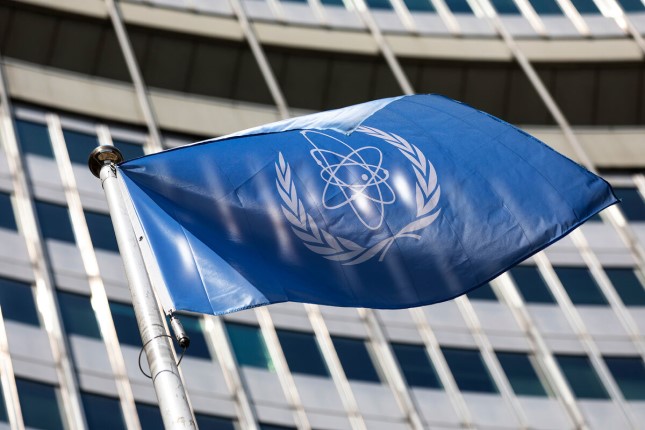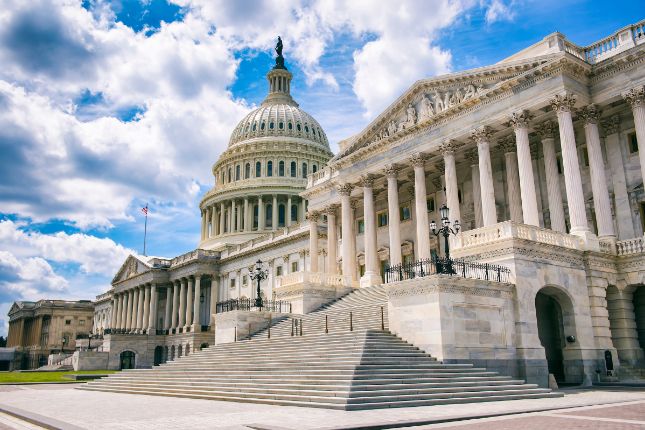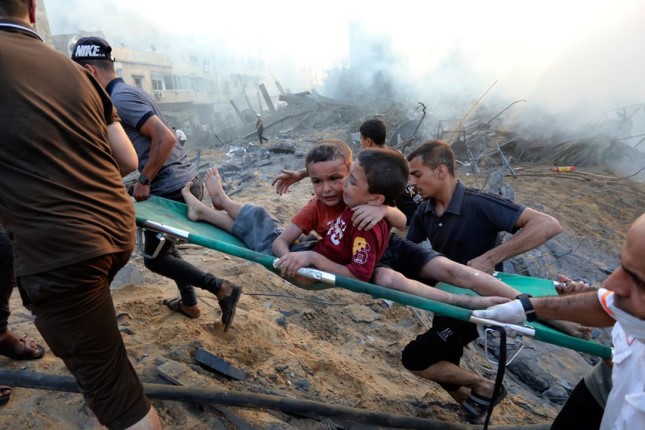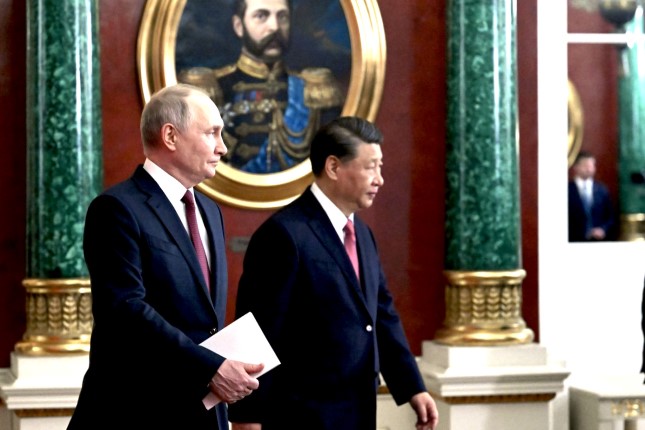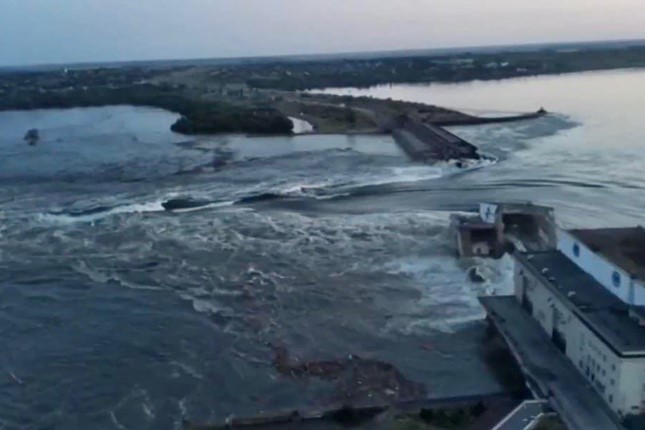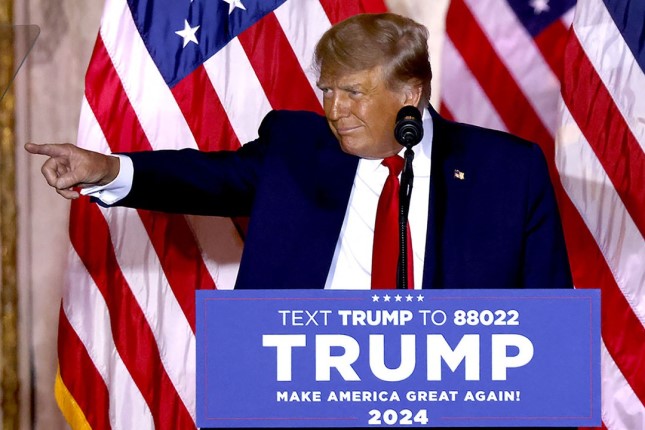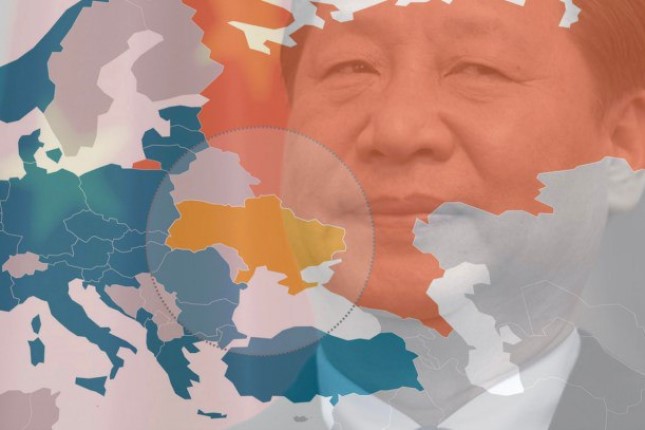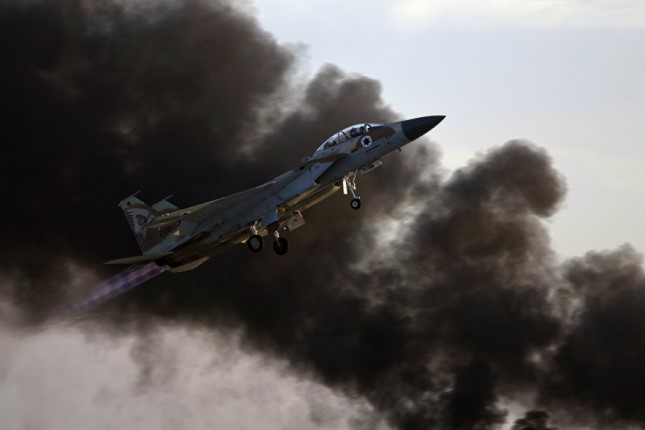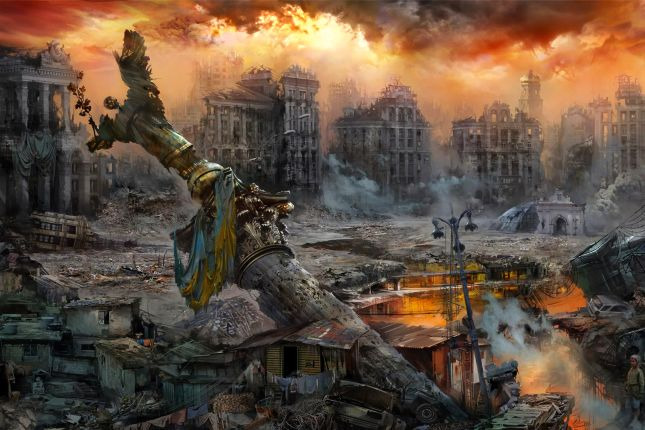The International Atomic Energy Agency (IAEA) is worried that Israel might strike Iran’s nuclear program in response to the Iranian drone and missile attack on Israeli territory, which was a reprisal for Israel bombing Iran’s consulate in Damascus.
IAEA chief Rafael Grossi told reporters on Monday that Iran temporarily closed its nuclear facilities on Sunday over security concerns and that the agency’s inspectors did not return to the facilities when they reopened on Monday.
“We are always concerned about this possibility,” Grossi said of a potential Israeli attack. He said IAEA inspectors would return on Tuesday. “I decided to not let the inspectors return until we see that the situation is completely calm,” he said.
Israel has a history of targeting Iranian nuclear facilities in covert attacks, including a 2021 drone attack that damaged IAEA cameras at a centrifuge facility, which impeded the IAEA’s inspection regime.
In recent years, Israeli officials have constantly threatened Iranian nuclear facilities and are always claiming Tehran is trying to build a nuclear bomb. But there is no evidence that Iran is seeking a nuclear weapon, which was recently reaffirmed by the annual “threat assessment” released by US intelligence agencies.
“Iran is not currently undertaking the key nuclear weapons-development activities necessary to produce a testable nuclear device,” the threat assessment reads.
Grossi also said on Monday that there’s no evidence Iran is trying to build a bomb. “As far as the agency is concerned, we don’t have any information or indication that there is a nuclear weapons program in Iran,” he said.
Iran is currently enriching some uranium at 60%, the highest level it has ever reached, which is still lower than the 90% needed for weapons-grade. Iran took the step to enrich at 60% in response in response to an Israeli attack on its Natanz nuclear facility in April 2021.
The Iran nuclear deal, known as the JCPOA, limited Iran’s uranium enrichment to 3.67% and imposed other strict rules on Iran’s nuclear program. But the Trump administration tore up the deal in 2018, and about a year later, Tehran began slowly enriching at higher levels. It took the step to increase to 20% in response to the Israeli assassination of Iranian scientist Mohsen Fakhrizadeh in November 2020.
While Israel is constantly accusing Iran of having secret plans to build a nuclear bomb, Israel has a secret stockpile of nuclear warheads, and its program is not subject to any IAEA inspections as the country is not a signatory to the Non-Proliferation Treaty.
Source: AntiWar.
